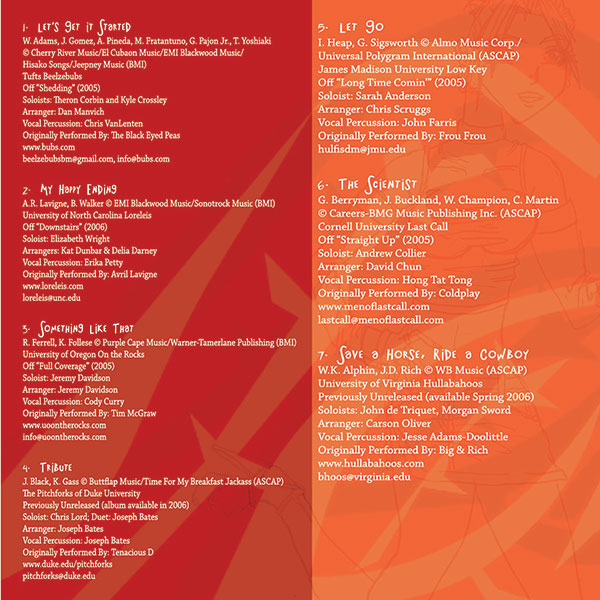
I think the word nebulous is a very accurate one. I just want to jump in and say, I think the requirement that we need to evaluate the effects of our supervision makes so much sense, but apparently it freaks a lot of people out. This chapter's really about trying to measure something that a lot of people think of as pretty nebulous. Lisa, we have a quote for this chapter, and it says, “If you haven't measured something, you really don't know very much about it,” by Karl Pearson. She's published a fantastic book titled “Remote field work supervision for BCBA trainees” with her co-author Matt Cicoria, who also has a podcast.

Her primary focus is on providing behavior support to students with special education needs and also providing effective remote supervision for field work hours. She got her master's degree and PhD from the University of Nevada, Reno, which is where I first met her. She's a BCBA and the owner of Britton Behavioral Consulting. I have known Lisa for well over 20 years and count her as a dear friend and colleague. We're gonna be talking about evaluating the effects of supervision. Welcome everyone, to this episode of The Lift.

The authors provide a conceptually sound set of supervision practices that will guide the actions of those who aspire to become better supervisors or mentors at any point in their careers. The book focuses on the importance of strong relationships and teaching higher-order skills throughout any supervisory endeavor. "This course is recommended for BCaBA, BCBA, and students of behavior analysis who will be or are currently receiving supervision" Attendees will be able to describe strategies for collecting relevant data for the evaluation.Attendees will be able to identify the four primary sources of data for the evaluation.Attendees will be able to identify at least two risks and two benefits associated with evaluating the effects of supervision.What you’ll learn in the course and be able to do afterward
#Clemson takenote hallelujah how to#
Finally, we discuss the need to not only engage in this type of evaluation but to expressly teach trainees about its importance and how to take a structured approach to carry out such an evaluation. We also cover what to do once you have the data. We discuss several different sources of data and provide specific strategies for how to collect and analyze them. This podcast episode describes the importance of actively evaluating the effects of our supervisory practices. The Celebration of an Amazing Life: Jose Martinez-Diaz (1950–2020).Do the Right Thing: a Discussion with Tom Freeman.The Consulting Supervisor and New Supervisor Workbooks.Building and Sustaining Meaningful and Effective Relationships.Manage Your Time Like It's All You've Got!.Manage Your Time Like it's All You've Got!.

From Boo-Hiss to Bravo: Performance Scorecards People Will Use and Like.8-hour Supervision Training for Qualified BACB Certificants.


 0 kommentar(er)
0 kommentar(er)
